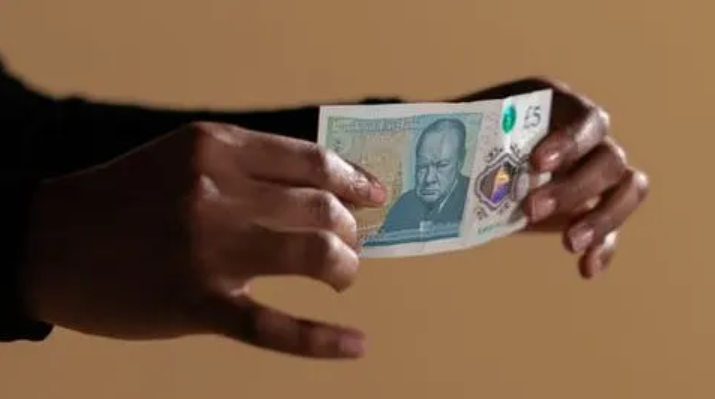This article is part of a series on personal finance during the coronavirus pandemic. Please check out the Coronavirus and Your Finances Series (link will open in a new window).
There is only one amount of money – just not enough.
–Andy Kaufman
As of when I am writing this article, April 6, 2020, over 90% of Americans are under shelter-in-place orders to prevent the spread of the coronavirus pandemic.
Given that some economists are predicting a 30% unemployment rate, and the COVID-19 government stimulus check probably is not going to be enough to keep most Americans afloat if they lose their jobs, then, not only should we be thinking about how to increase our emergency funds, but, also, what other expenses we can cut to protect ourselves from financial ruin during the COVID-19 pandemic.
Here are a list of expenditures and actions to take that you should consider to protect yourself in the event that you do lose your income or your income is reduced as a result of the coronavirus pandemic:
- If you have a mortgage, talk to your bank about deferring your mortgage payment. Some banks have expressed a willingness to work with their borrowers regarding mortgage payments, particularly if they have been negatively financially impacted by COVID-19.
- If you are a renter, talk to your landlord about (in order of preference):
- Getting a discount for paying your rent early – the reason I say this is that you’re not deferring your payment, but, rather, reducing what you owe, or
- A payment workout plan.
- Remember: if you have not lost your job, you should still continue to pay your rent and your mortgage on time. We are willing to work with our tenants who are proactive, but if they ghost on us, then we will not work with them, and, even though there is an eviction moratorium, when it ends, we will take appropriate action.
- Stop ordering from restaurants and cook at home. I know restaurant spending is getting annhilated. However, if you’re worried about your own personal finance calamity, then you need to save yourself first, and others later. That’s why airlines tell you to put the air mask over yourself first and then over your kids. To help save money on your food costs, consider:
- Joining a wholesale club like Costco, Sam’s, or BJ’s
- Joining a community supported agriculture group. Lifehacker has an excellent article on alternative sources of food sellers where you can get ideas.
- Stop unnecessary subscriptions. My wife was part of a yoga studio that has been shuttered during the Dallas County, Texas shelter in place order. She suspended her membership, since, naturally, she cannot go. Once the shelter in place order is lifted, she’ll restart her membership. Other people in our apartment complex are members of Rent the Runway. If you’re sheltering in place, nobody will see what you’re wearing (unless you’re doing a Zoom happy hour), so stop your subscription. You can always subscribe later. This is a good time to review all of your subscription spending and truly categorizing if your spending is for wants or needs. If you’re concerned about the effects of COVID-19 on your personal finance, you need to seriously pare down on spending on wants.
- Look for side gigs. Many companies are hiring during the COVID-19 pandemic. Maybe you can pick up some part-time work stocking shelves at your local grocery store. The extra money you make could be what keeps you solvent later down the road.
This list is, naturally, by no means exhaustive.
It’s meant to be a mental stimulator to get you thinking intentionally about your spending as well as being proactive with those whom you typically pay.
If you’re concerned about how coronavirus will affect your personal finances, then you need to go through a thorough and thoughtful evaluation of your spending to get to the bare bones of spending so that you buy yourself time and runway in case the worst happens.
The response and downturn as a result of the COVID-19 pandemic will eventually end. Your goal is to make sure your money makes it to that point as well.
Author Profile
- John Davis is a nationally recognized expert on credit reporting, credit scoring, and identity theft. He has written four books about his expertise in the field and has been featured extensively in numerous media outlets such as The Wall Street Journal, The Washington Post, CNN, CBS News, CNBC, Fox Business, and many more. With over 20 years of experience helping consumers understand their credit and identity protection rights, John is passionate about empowering people to take control of their finances. He works with financial institutions to develop consumer-friendly policies that promote financial literacy and responsible borrowing habits.
Latest entries
 Low Income GrantsSeptember 25, 2023How to Get a Free Government Phone: A Step-by-Step Guide
Low Income GrantsSeptember 25, 2023How to Get a Free Government Phone: A Step-by-Step Guide Low Income GrantsSeptember 25, 2023Dental Charities That Help With Dental Costs
Low Income GrantsSeptember 25, 2023Dental Charities That Help With Dental Costs Low Income GrantsSeptember 25, 2023Low-Cost Hearing Aids for Seniors: A Comprehensive Guide
Low Income GrantsSeptember 25, 2023Low-Cost Hearing Aids for Seniors: A Comprehensive Guide Low Income GrantsSeptember 25, 2023Second Chance Apartments that Accept Evictions: A Comprehensive Guide
Low Income GrantsSeptember 25, 2023Second Chance Apartments that Accept Evictions: A Comprehensive Guide

